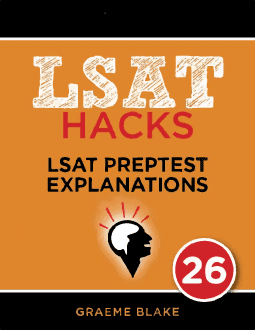QUESTION TEXT: Each child in a group of young children read aloud both a short…
QUESTION TYPE: Paradox
PARADOX: Experienced and beginning child readers were given a list and a paragraph to read aloud, in random order.
Experienced readers pronounce words better after they’ve read a bit, whether they’re reading a list or a paragraph.
Beginning readers pronounce words better when reading the paragraph, no matter the order.
ANALYSIS: It sounds like experienced readers do better once they’ve been warmed up, while beginning readers have trouble with lists.
It’s hard to say why, so don’t worry if you couldn’t guess the right answer beforehand. On some questions it’s impossible.
___________
- If the list was shorter, why did beginning readers find it harder?
- This provides one reason why experienced readers do better than beginners. But this doesn’t explain why experienced readers did no better on the paragraph than on the list.
This doesn’t work as a partial explanation, because we already expect beginning readers to do worse than experienced readers. We need to explain why the two groups reacted differently to each type of text.
- CORRECT. This helps. There’s no context in a list, so beginning readers will be lost. This doesn’t explain anything about experienced readers, but even a partial explanation is good.
- This doesn’t explain why beginning readers did better on the paragraph, even if it was performed first.
(This does explain why the experienced readers did better on the second task, but overall this answer choice makes things more confusing.)
- We would expect beginners to do worse. But this doesn’t explain why beginner’s do worse on the list, or why experienced readers do better on the second reading.
Recap: The question begins with “Each child in a group of young children read aloud both a short”. It is a Paradox question. Learn more about LSAT Paradox questions in our guide to LSAT Logical Reasoning question types.


Leave a Reply